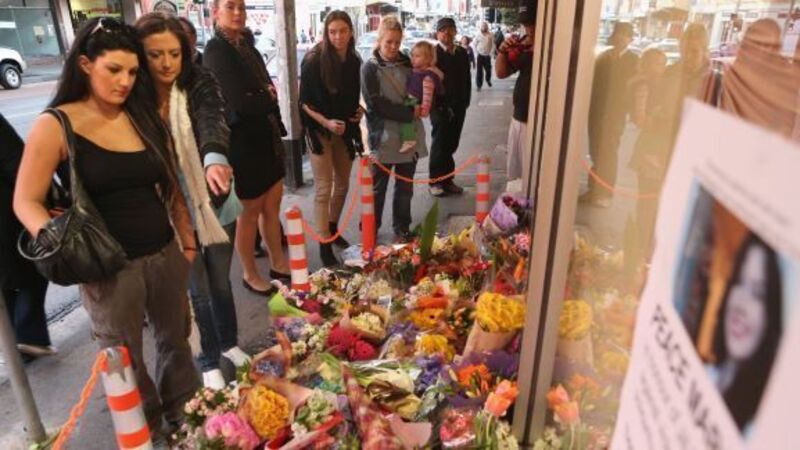More holistic approach needed to make the streets safe for women

So why then was I immediately reminded of our local dog park when I heard the mayor of Melbourne, Robert Doyle, telling us, rather proudly, that Melbourne was hoping to introduce designated ‘safe havens’ for women in his city? Mr Doyle was speaking on Morning Ireland on RTE Radio One.
It was almost a year ago that Irish woman Jill Meagher suffered an appalling attack on the street after a night out in Melbourne which resulted in her death. There was huge worldwide publicity around this crime and the subsequent charging of her killer.











